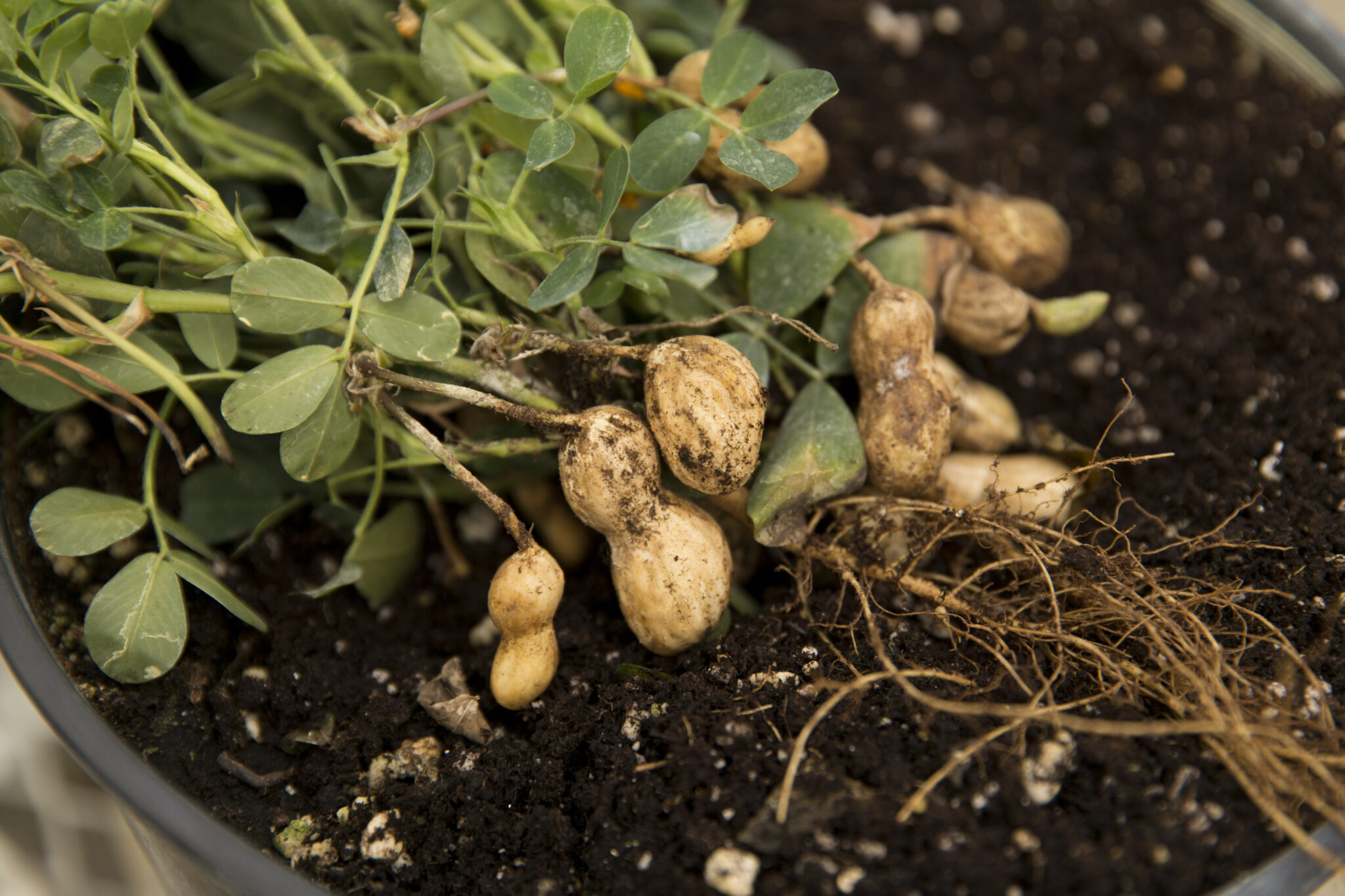University of Georgia
That pack of skinless, boneless chicken breasts at the grocery store came from fully feathered birds. The fat that used to be on those birds isn’t appetizing to sell, but it’s a valuable commodity, too, say University of Georgia researchers.
Feathers, fat, oil, grease and other byproducts are all left over after a chicken has been processed. UGA engineers have discovered that the fat is an excellent fuel. After it has been refined at the processor, it can be used to fire boilers to heat water.
“A poultry processor could be washing and cleaning both birds and equipment with water heated by boilers, fed waste fat recovered from birds processed earlier that same day,” said Brian Kiepper, an engineer with UGA’s Engineering Outreach Service.
With the help of several poultry processors, Kiepper and other engineers and poultry scientists with the UGA College of Agricultural and Environmental Sciences developed a small self-contained, low-temperature fat extraction and purification unit that produces six gallons of fat fuel at a time.
The next step is a full-scale version that the processing plants can use to economically produce a fuel that “looks like corn oil,” Kiepper said.
In 2006, 1.3 billion chickens were slaughtered in Georgia, generating 9 billion gallons of highly concentrated fat, oil and grease wastewater. Instead of selling the chicken fat filtered from the wastewater to rendering plants for 3 cents per pound, the poultry industry could use it as an alternative to petroleum fuel and save $9 million a year.
Processors pay about $2 per gallon for petroleum fuel.
“Along with providing reduced fueling costs, this work could increase domestic energy security by displacing foreign petroleum with domestic poultry fat,” he said. “It takes advantage of Georgia’s own energy resources and, since this material is used in-house, it eliminates transportation costs.”
The project was born years ago when UGA engineers started working with the poultry industry to help processors bring their wastewater streams up to environmental regulatory standards.
“It starts with us going in and solving environmental problems, and it ends with applied research,” Kiepper said. “The waste stream is a direct reflection on how efficient a poultry processor is.”
From there, they started isolating byproducts. “What was first seen as a waste is now a product,” Kiepper said. “The whole purpose of outreach is to open our client’s eyes to the concept that all of these waste streams can become profitable revenue generators.”






